7 Food Swaps That Are Making You Fat
Sometimes, it's smarter for your waistline to just eat the sandwich
1 of 8
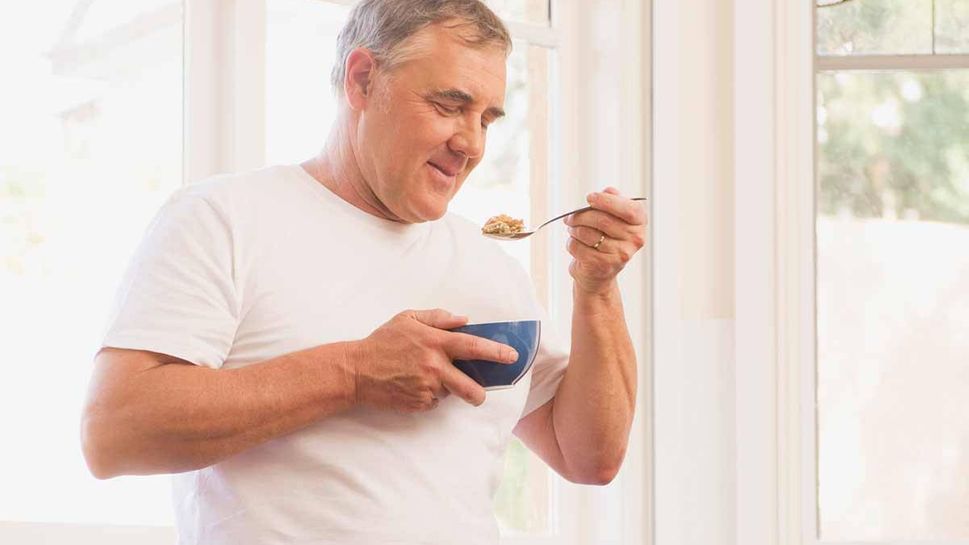
Aren’t you the healthy one, eating pretzels instead of chips and only buying products marked "low" or "no" fat? Well, guess again. Some well-intentioned food swaps are not having their intended effect. In fact, they are actually making those jeans get just a little tighter. Here’s the truth behind these supposedly healthy switcheroos.
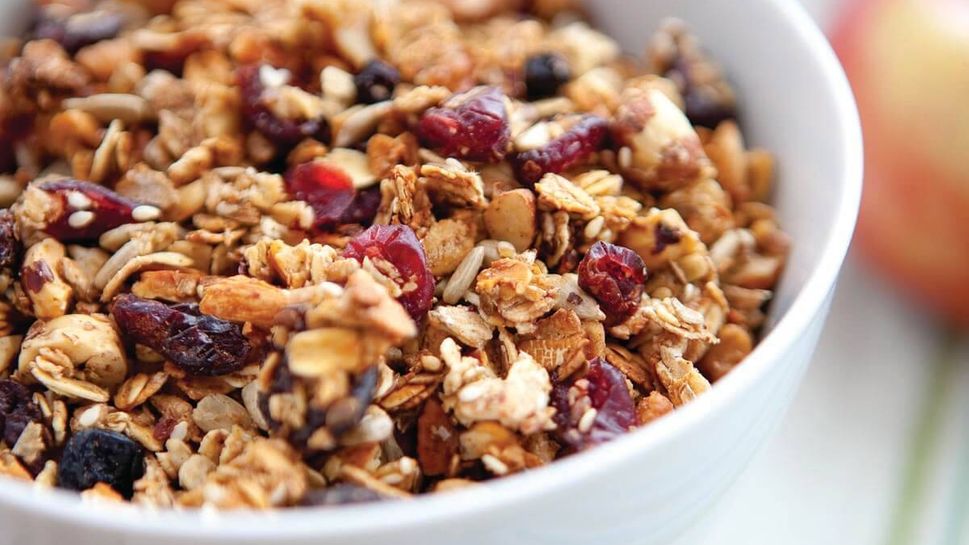
Bad Swap 1: Granola for Cereal
“People think granola has this halo effect, that it has to be healthy. However, not all granolas are alike. It can be loaded with sugar or fat, and one cup can carry 400 calories,” cautions Joan Salge Blake, author of Nutrition and You, and clinical associate professor, Boston University.
Read your labels and compare sugar, salt and fat amounts. (Recommended daily allowances for all three can be found at Health.gov.) The Kind granola brand has been getting good marks from nutritionists and sites like Eat This, Not That!, which praises the product's long list of healthful whole grains. Better yet, start your morning with a cup of low-sugar whole-grain cereal. If you want, lightly sprinkle granola on top for added crunch and flavor.
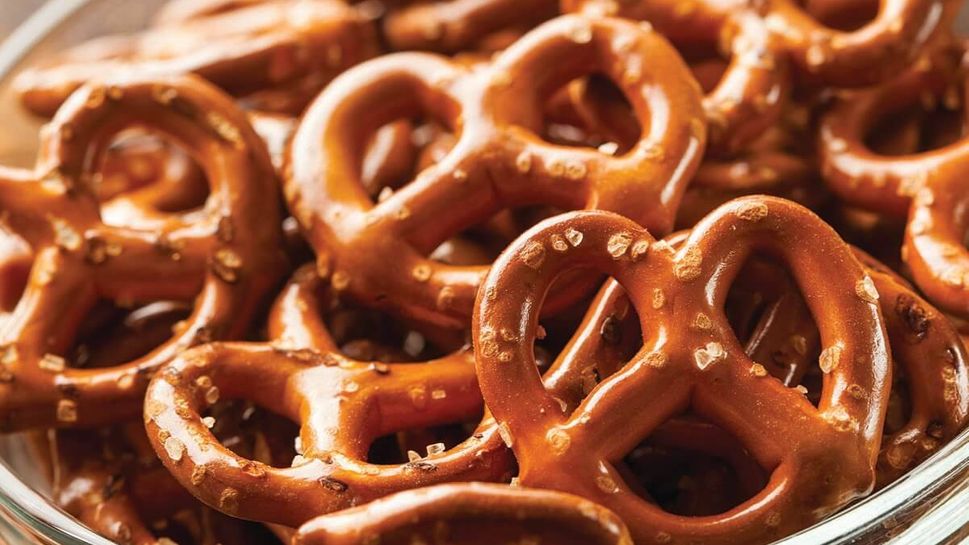
Bad Swap 2: Pretzels for Potato Chips
They are calorically the same, so you aren’t doing yourself any favors. “Your best bet for this kind of snack is popcorn because it is a whole grain,” says Salge Blake. But instead of drowning the popcorn in melted butter, sprinkle it with spices. Choose spice blends that don’t contain salt.
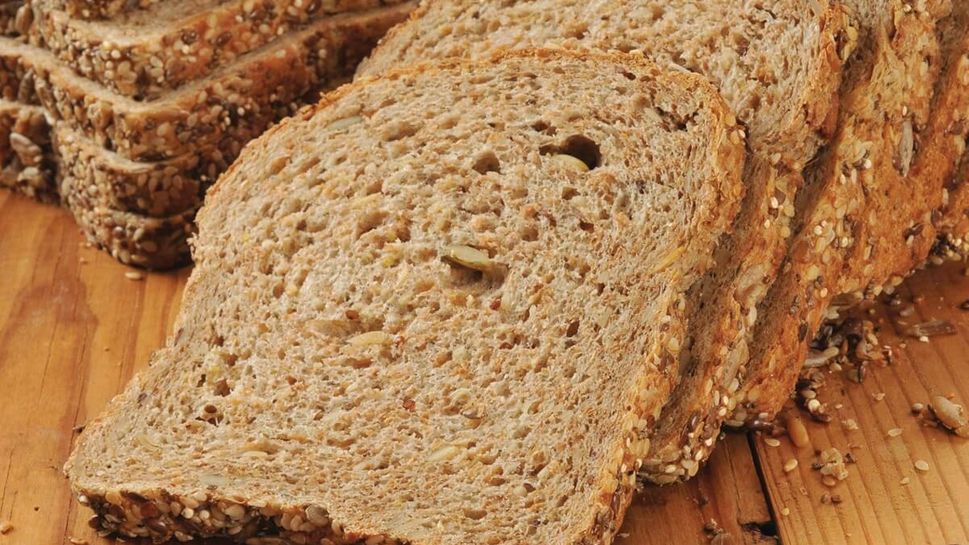
Bad Swap 3: Wheat Bread for White Bread
You need to read the labels and make sure that the bread contains 100-percent whole wheat. “Wheat bread, without the whole wheat ingredient, could be processed and refined with added caramel for color. That’s as unhealthy as white bread,” says Salge Blake.
When choosing bread and cereals, look for whole grain or whole wheat as the first ingredient. Whole grains are richer in nutrients and fibers, and satisfy sooner. Also, a new study published in in the American Heart Association's journal Circulation shows that eating at least three servings of whole grains every day could significantly lower your risk of early death.
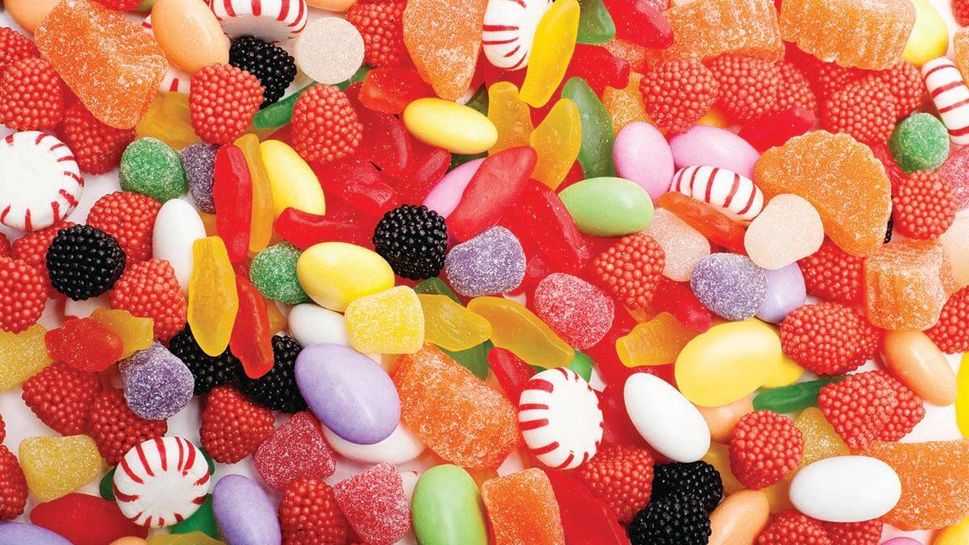
Bad Swap 4: Fat-Free Candy for Dark Chocolate
“A lot of people confuse fat-free with calorie-free, when in fact, fat-free products can be high in sugar,” says Bonnie Taub-Dix, author of Read It Before You Eat It, and founder/owner of BetterThanDieting.com. Furthermore, recent studies have blamed excess dietary refined sugar for an increased risk of cardiovascular disease and more.
If you need a sweet fix, try a small but satisfying piece of dark chocolate that you take your time with. Studies have posited that it may come with certain health benefits such as lowering blood pressure, reducing blood clot risks and decreasing LDL (“bad”) cholesterol oxidation.
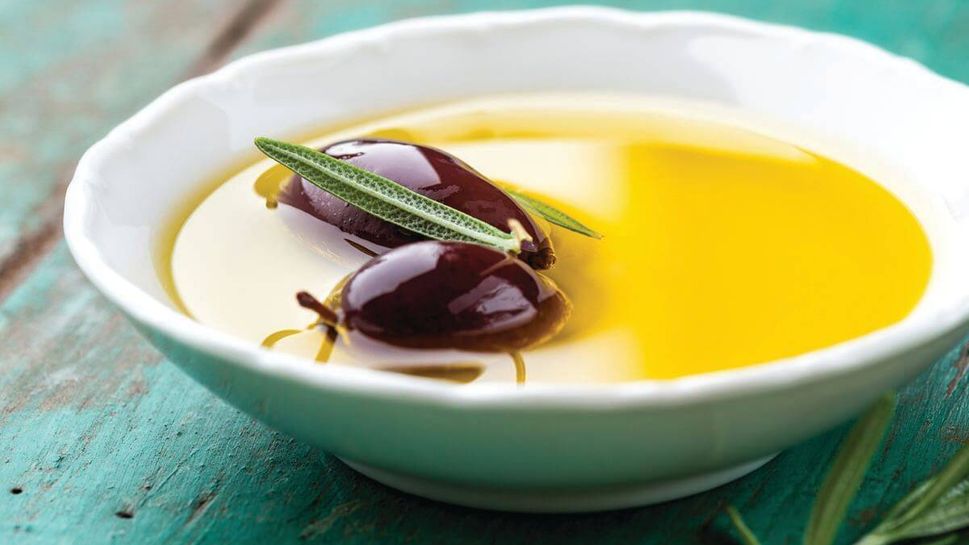
Bad Swap 5: Olive Oil for Butter
Yes, olive oil is healthier for you than butter (which is higher in saturated fat), but calorie-wise, it weighs in at 2,000 calories a cup. “When you are cooking with oil, if you use a quarter cup of oil, that’s five hundred calories on probably fifty-calorie vegetables,” points out Taub-Dix. Bottom line: Don’t think you can just mop up as much as you want of either with your bread. You have to watch your quantities for calories with butter and oil.
Opt instead for flavoring with herbs and spices. Better yet, use mashed avocado as a source of fat — it's loaded with monounsaturated fat, the “good” kind that helps lower “bad” cholesterol. You can bake with it or use in place of mayonnaise and butter in salad dressing.
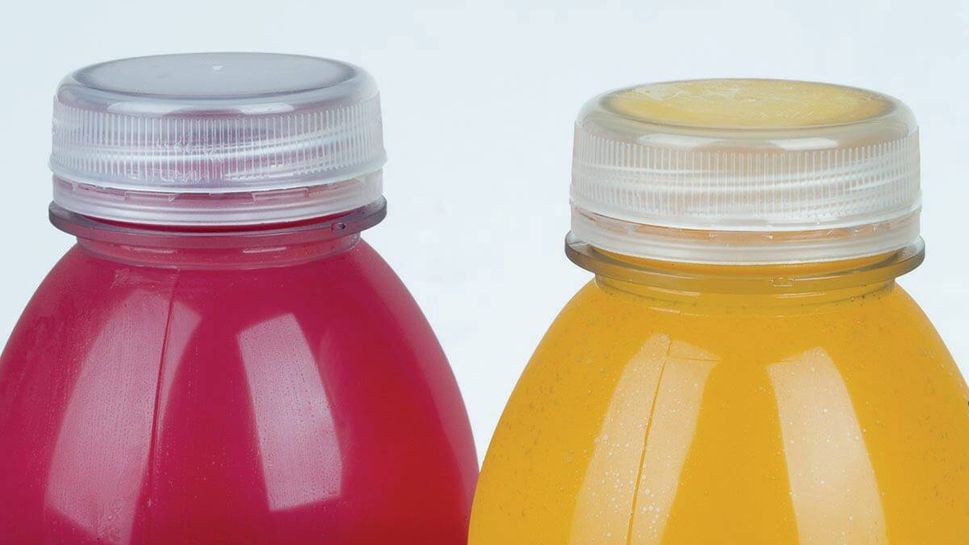
Bad Swap 6: Vitamin Drink for Soda
Sound the foul buzzer — both will cause you to pack on the pounds and can strip your energy because they are so high in sugar. The added vitamins may entice you, but the health benefit is not worth the calorie hit.
Replace with calorie-free flavored or plain water. If you need the caffeine boost, drink unsweetened iced tea. Taub-Dix also recommends making a “mock” sangria by adding fresh fruit to seltzer. “You’ll get an energy boost by eating the fruit at the end,” she says.
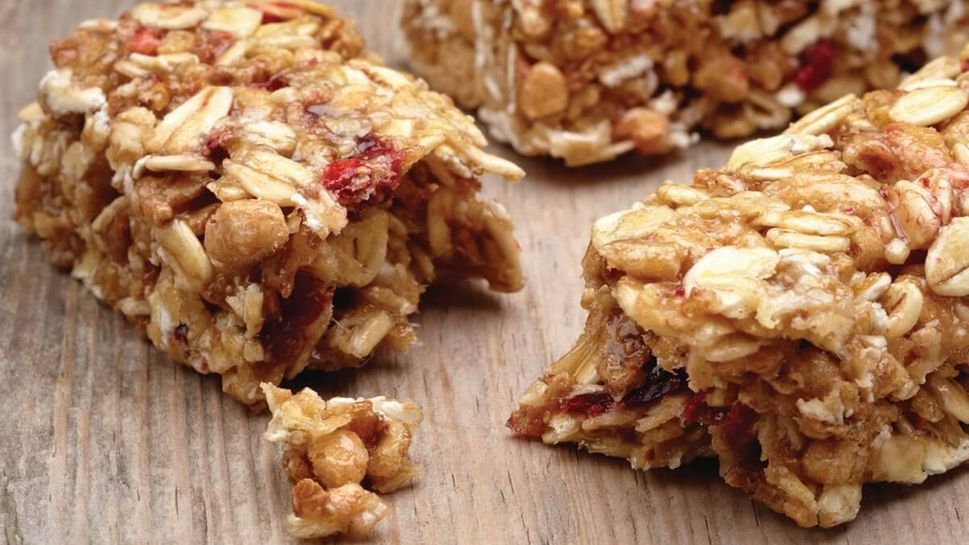
Bad Swap 7: Energy Bars for a Sandwich
If you are searching for healthful on-the-go snacks, think twice about those energy bars. They can have loads of calories and added sugar. Instead, pack an almond butter sandwich on whole grain. “It’s much cheaper, doesn’t need refrigeration and has a lesser amount of sugars,” says Taub-Dix. Plus, almond butter and whole grains provide filling protein and fiber for a long-lasting energy boost.

